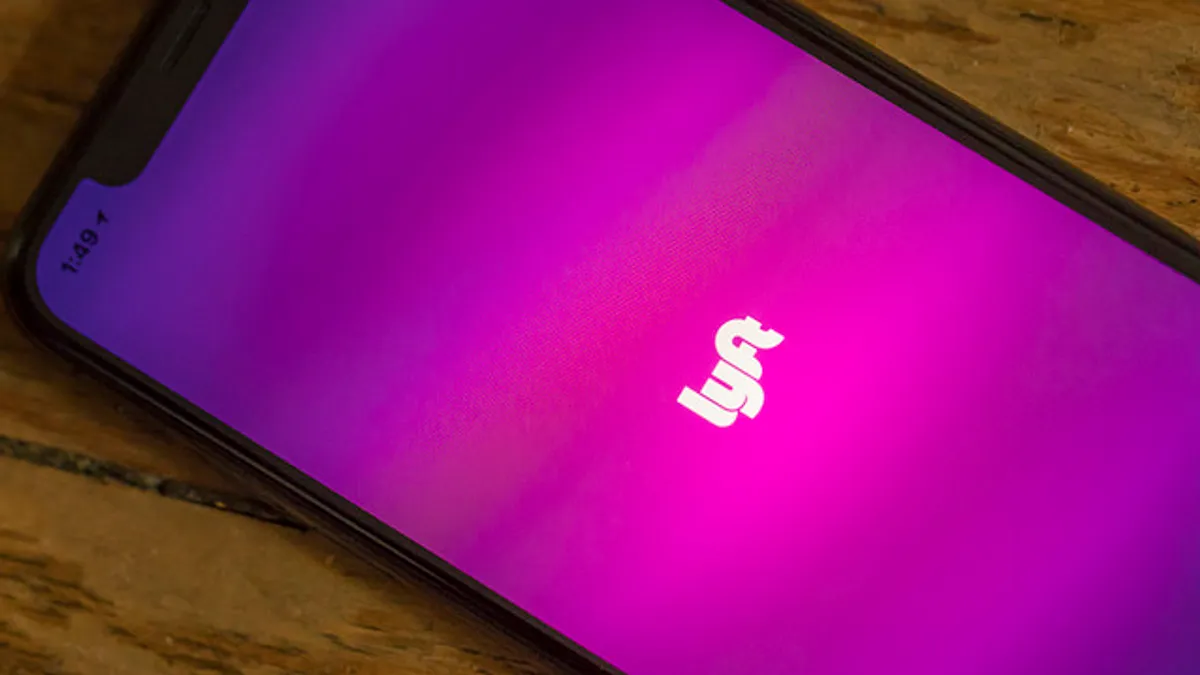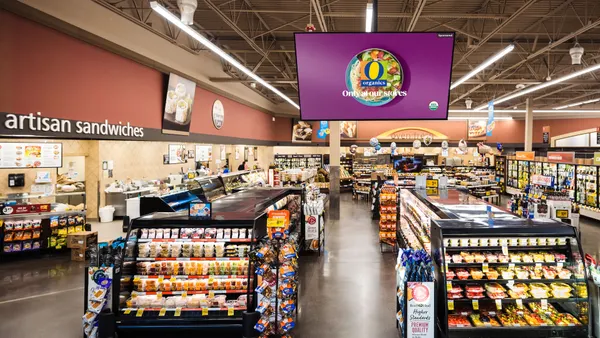Brief:
- Ride-hailing service Lyft rolled out a rewards program for business riders, letting people accrue credits to use toward free rides on their personal time, according to Popsugar.
- Riders can apply for the program after setting up a business profile on the app and then select the option to opt in to the rewards program. Users who take five rides for business at $10 or more each will earn $5 credit on their personal account.
- Lyft has a service that's directed at transportation managers of businesses. Lyft Business seeks to give companies a consistent ground transportation experience that can be managed with less friction via mobile app. The service provides a way for employees to expense rides that can be tracked on a business account that's merged with their own on a single app.
Insight:
Lyft and rival Uber are seeking ways to expand their role in the market for "transportation solutions," and rewards programs are one way to encourage repeat usage and longer-term loyalty as they compete to be the leader of ride-hailing and -sharing services. Lyft's new business program is certainly a nice perk for employees who get to earn free rides while traveling for work, providing an incentive for them to call Lyft over other ride services.
Uber last year introduced a different rewards system with Visa that lets users rack up Uber credits by using a Visa card at participating stores. Customers need to have a U.S.-issued Visa card loaded into their Uber account for the credits to automatically accrue on an account as people shop — and they don't expire, per Travel and Leisure. This rewards program varies from Lyft's new one in that it doesn't appear to encourage users to actually ride with Uber more, just spend more at those participating stores and take a ride once enough credit accrues.
Meanwhile, as the ride-hailing and shared vehicle industry grows, its effects on urban areas are starting to be understood with in-depth studies. The industry has touted its services for helping to alleviate clogged city streets, but studies suggest it's luring riders from buses, subways, bicycles and their own feet and putting them in cars instead, according to the Chicago Tribune. As this continues, and more consumers ditch their personal cars, ride-hailing services will need to drum up increasingly compelling incentives and programs to lure riders to their respective apps and subsequently develop longer-term loyalty.










